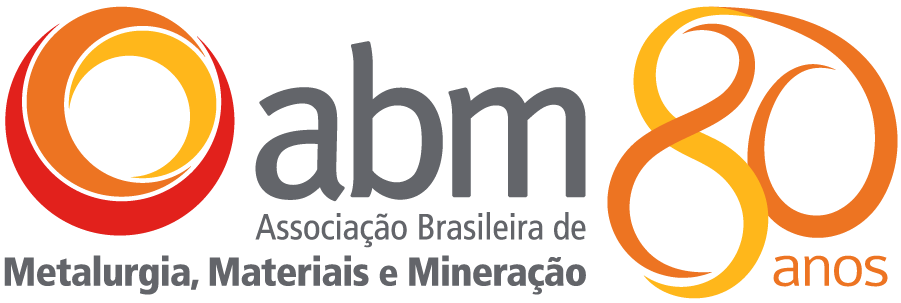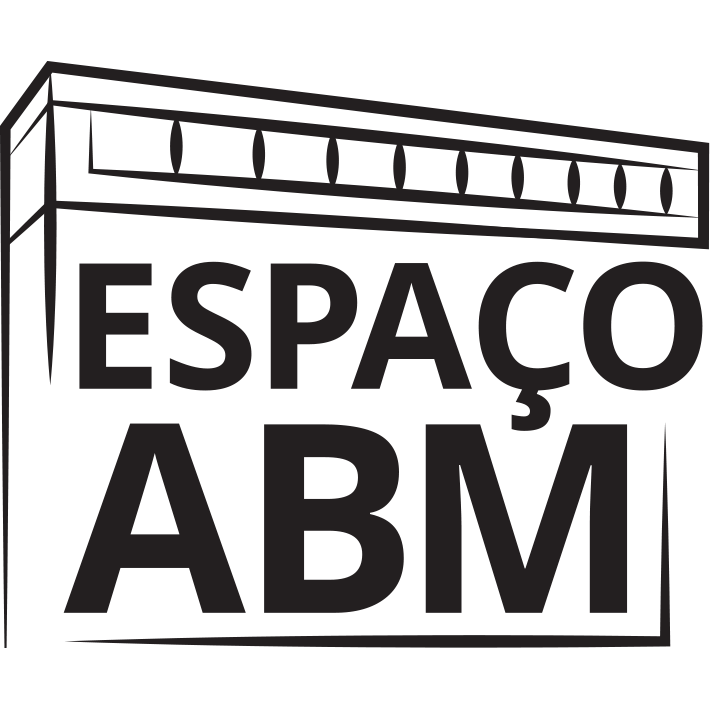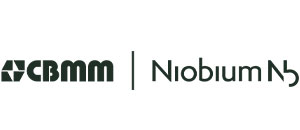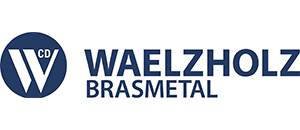New technologies to decarbonize the steel industry discussed at 4th EMECR

The first day of the 6th edition of ABM WEEK was marked by the opening of the 4th EMECR – International Conference on Energy and Material Efficiency and CO2 Reduction in the Steel Industry, an international conference held for the first time in Brazil. Renowned Brazilian and foreign figures discussed technological innovations and the issue of reducing carbon emissions.
“We’ll hear five excellent speakers today. The industrial process of producing steel has been evolving for 200 years and has already been highly optimized. It’s necessary to change concepts to further increase its efficiency,” says the conference chairman, José Noldin.
Homage was paid to two professionals with an outstanding track record in implementing new processes: Pinakin Chaubal, ArcelorMittal group’s CTO, and Marcos Contrucci, founder of Gavea Tech and developer of the Tecnored process.
Chaubal is at the forefront of all technological processes used in the company's operations and spoke about the challenges of decarbonizing the global steel industry. “The next few decades will be an extremely challenging period, but also a very exciting one,” he remarked.
His company's goal is to reduce carbon emissions by 25% by 2030. He pointed out that “for the first time we have a roadmap showing the way to carbon neutrality by 2050”. The path is based on three coordinated approaches: circular carbon, carbon capture and storage, and clean energy.
Made in Brazil
The combination of different solutions was also mentioned by Marcos Contrucci: “The solution won’t come from just one place; we need to consider every alternative.” His lecture addressed the ground-breaking Tecnored process, a pig iron production route that uses a “self-reducing” briquette made up of iron oxide fines and a carbon reducer (coal or bio-coal), replacing the blast furnace route. “Knowledge about this reduction process is not very well disseminated; and it only exists here in Brazil,” says the technology developer.
Featuring a distinguishing personality, Contrucci can talk knowledgeably about any subject, from the Industrial Revolution, gas-solid mixture, and the removal of carbon dioxide from the Apollo 13 mission to Carl Sagan, Martin Luther King Jr., and much more. He coined an expression that was quickly understood and adopted by other participants in the event: “We talk about decarbonizing, but we need to reshape this idea; what we need is to 'defossilize'.”
Plenary sessions
Plenary sessions took place after the 4th EMECR opening. Ricardo Carvalho Nascimento, CEO of Aço Verde do Brasil (AVB), the world’s first carbon-neutral steelmaker, explained that the adopted measurement method is based on the GHG (Greenhouse Gas) Protocol used by the UN IPCC, in line with ISO standard 14064-1:2006 – Greenhouse Gases.
AVB uses biomass throughout its production and reuses gases throughout the process. “Virtually all steel mills in the world use fossil sources to reheat the feedstock, while we use regenerative technology and gases from the charcoal-based blast furnace to heat our billets. So, we overcame the last challenge and became carbon neutral,” Carvalho emphasized.
The company is now testing a charcoal oven whose waste can be used even as fertilizer in agriculture.
Julia Attwood, head of sustainable materials at Bloomberg NEF in New York, studies carbon emissions in different industries around the world. She points out that, among the range of technologies that provide for carbon reduction, each country has chosen its own paths. “We had worked out a global-scale model, but now we work with countries individually,” she explains.
Attwood presented studies on the outlook for the coming years. “In 2030, costs will be lower and many countries will use solar energy; and hydrogen will become more competitive than natural gas.” Hydrogen remains one of the few uncertainties: “There are many academic studies on the amount of hydrogen required to produce steel, but we know that real-life figures are higher. That will be the difference between being expensive or extremely expensive,” she ponders.
The researcher ended with an assessment: “The steel industry is responsible for 8% of carbon emissions and needs to invest only 0.2% of the overall worldwide investment required to achieve carbon neutrality.”
Vale's director for metallics, Steve Potter, spoke about the company's decarbonization goals. The target is to reduce emissions by 15% by 2035.
Four work fronts are being considered to achieve this goal, starting with cold briquetting, a technology that has been in use since 2017 and that will start industrial-scale trials this year. The second major technology is dry concentration, a magnetic separation solution developed in Brazil.
Biocarbon is an alternative still under consideration. “It's not easy or cheap. Yet, biomass can bring wealth to communities in degraded areas,” Potter adds. “There’s plenty of material available; it’s a solution. It seems the world doesn't want to hear it, but it's a reality.”
Finally, the most important technology adopted by Vale is Tecnored, developed by Marcos Contrucci. A plant based on this solution is being built in Marabá, state of Pará, and is planned to start operations by 2025. Potter ended with a message to his colleague: “Your legacy, Marcos, is safe.”
The 6th ABM WEEK is hosted by Gerdau and is sponsored by the following companies: Açokorte, Alkegen, Amepa GmbH, Aperam, ArcelorMittal, Atomat Services, AutoForm, BM Group/Polytec,BRC, BR Event Materials ,CBMM, Combustol, Clariant, Danieli, Dassault Systèmes, DME Engenharia, Eirich, Enacom, Engineering, Evonik, Fosbel, GSI, Harsco, Hatch/CISDI, Ibar, Imerys, IMS Messsysteme GmbH, Isra Vision Parsytec, John Cockerill Industry, Kuttner, Metso Outotec, Nalco Water/Ecolab, Nouryon, Primetals Technologies, PSI Metals, Reframax , RHI Magnesita, Saint-Gobain, SMS Group Paul Wurth/ Vetta, Spraying Systems, Suez, SunCoke, Tecnosulfur, Ternium, Timken, Thermo Fischer, TopSolid, TRB, Unimetal, Usiminas, Vale, Vamtec, Vesuvius, Villares Metals, Wallonia.be (ADI – Industrial Services, John Cockerill Hydrogen, BorderSystem, Datanet International, Synthetis e PEPITe), White Martins, e Yellow Solution.Special support: CNPq. Institutional support: Abal, Abendi, Abifa, AIST, AIST Mena, Alacero, CBCA, Ibram, Icz, Instituto Aço Brasil, CIMM, Ind4.0.


















Deixe seu comentário